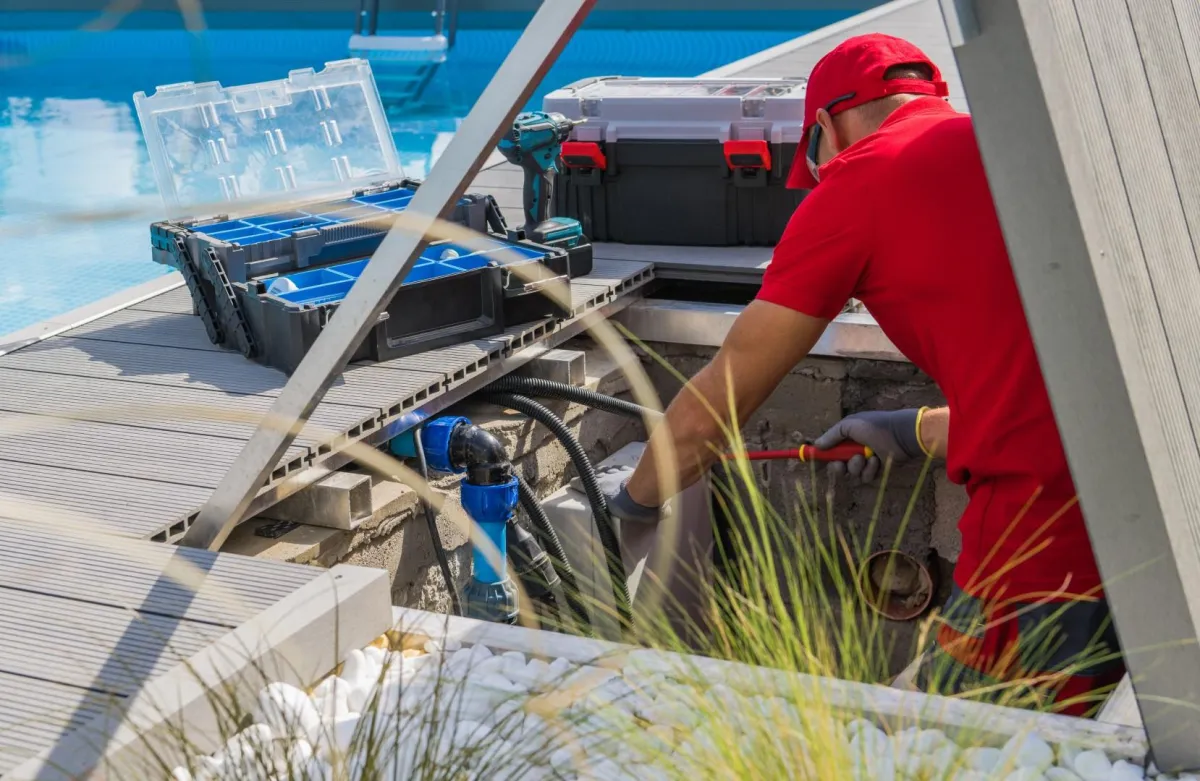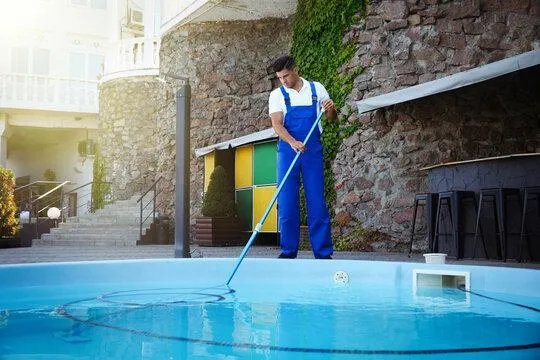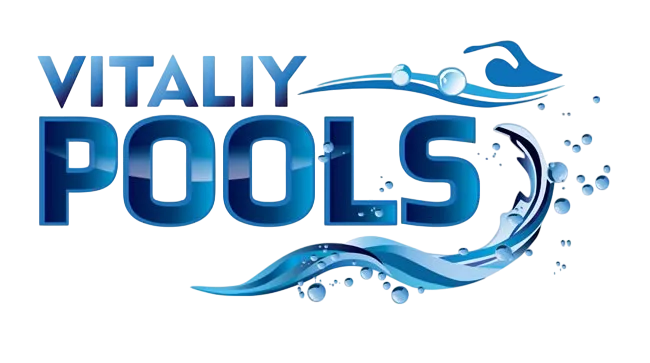
Riverhead Pool Water Cleaning Services: Expert Solutions for Homeowners in Riverhead, Southampton, and Surrounding Areas Across the Hamptons
Keeping your swimming pool clean isn’t just about appearances—it’s about health, safety, equipment protection, and long-term enjoyment. Homeowners in Riverhead, NY, as well as surrounding areas like Southampton, Watermill, Bridgehampton, Sag Harbor, East Hampton, West Hampton, Quogue, Jamesport, Mattituck, and Southold, face unique challenges such as seasonal pollen, heavy summer storms, and coastal weather that impact pool water quality. Professional pool water cleaning ensures sparkling clarity, balanced chemistry, and extended equipment life while enhancing your property’s value and your family’s comfort.
Why Is Professional Pool Water Cleaning Essential for Riverhead Homeowners?
Professional cleaning services use specialized equipment and chemical expertise to prevent algae blooms, bacteria growth, and equipment damage. Routine care also keeps the water’s pH balanced, preventing scale buildup on heaters and pumps. This not only reduces costly repairs but also improves overall energy efficiency, ensuring your pool runs smoothly season after season.
How Do Local Environmental Factors Affect Pool Water Quality in Riverhead and the Hamptons?
Riverhead and nearby Hamptons towns experience seasonal pollen, windborne debris, and frequent rainstorms that can introduce organic matter into pools. These contaminants cloud the water, fuel algae growth, and increase chlorine demand. Professional pool opening cleaning accounts for these challenges through timely filter maintenance and chemical adjustments, which restore clarity quickly and keep the water balanced.
What Are the Health and Safety Benefits of Clean Pool Water?
Clean pool water plays a vital role in protecting the health of swimmers. By eliminating bacteria, viruses, and parasites, professional cleaning prevents common issues such as swimmer’s ear, skin irritations, and stomach illnesses. Maintaining sanitizer levels between 1.0 and 3.0 ppm ensures harmful pathogens are destroyed, while keeping the pH within the ideal range of 7.4 to 7.6 prevents eye and skin irritation. Together, these measures create a safe, comfortable swimming environment for families and guests.
How Does Regular Pool Cleaning Extend Equipment Lifespan?
Balanced water chemistry and routine debris removal help reduce stress on pool equipment, including pumps, filters, and heaters. For example, maintaining calcium hardness between 200 and 400 ppm prevents scale from forming on heat exchangers, which protects heaters from premature wear. Clean filters also promote proper water flow, reducing strain on pumps. With consistent preventative care, equipment life can be extended by as much as 30 percent.
How Does Clean Pool Water Enhance Property Value and Enjoyment?
A crystal-clear swimming pool significantly enhances the value of a property in Riverhead and the Hamptons. Sparkling water and a debris-free pool surface boost curb appeal, increase recreational enjoyment, and give the impression of a well-maintained home. Guests appreciate swimming in clean, fresh water, and homeowners benefit from both higher property value and a more enjoyable outdoor living space.
What Is Included in a Comprehensive Pool Water Cleaning Process?
A complete pool cleaning service typically combines several steps to ensure clarity and safety. Debris is removed through skimming, vacuuming, and brushing, while chemical testing and balancing ensure water quality remains stable. Filter cleaning and maintenance are performed to keep circulation strong, and treatments such as algaecides, shock applications, and phosphate removers are used to prevent algae and bacterial growth.
How Is Debris Removed From Pools?
Debris removal is carried out through a combination of skimming, vacuuming, and brushing. Skimming removes floating leaves and insects before they sink to the bottom. Vacuuming, whether manual or robotic, eliminates sand, silt, and organic sediment that settle on pool floors. Brushing is used on walls and steps to break up algae colonies and biofilm, preventing buildup and keeping surfaces smooth and clean.
How Is Pool Water Chemically Balanced for Safety?
Maintaining proper chemical balance is essential for both swimmer safety and equipment protection. The ideal pH level ranges from 7.4 to 7.6, which maximizes chlorine efficiency while protecting pool surfaces and equipment from corrosion. Free chlorine levels should remain between 1.0 and 3.0 ppm to effectively kill bacteria and algae. Total alkalinity is best maintained between 80 and 120 ppm, as it helps buffer the pH against sudden swings. Calcium hardness should be kept between 200 and 400 ppm to prevent corrosion in soft water and scale buildup in hard water. Keeping all of these levels balanced ensures consistent sanitization and extends the life of the pool system.
What Are the Best Practices for Pool Filter Cleaning?
Filters are one of the most important components of a clean pool, and each type requires proper maintenance. Sand filters should be backwashed when the pressure rises 8 to 10 psi above the baseline. Cartridge filters should be rinsed monthly and replaced once a year or sooner if wear is visible. Diatomaceous earth (DE) filters need to be rinsed and recoated after each backwash cycle to remain effective. Regular filter care maintains strong water flow, reduces strain on pumps, and keeps water crystal clear.
How Are Algae and Bacteria Prevented?
Preventing algae and bacterial growth requires a combination of treatments. Weekly algaecide applications create a protective barrier that discourages algae from forming, while periodic chlorine shock treatments raise sanitizer levels high enough to kill resistant organisms. Phosphate removers are also used to deprive algae of nutrients, further reducing the chances of blooms. These strategies work together to ensure safe, clean, and inviting pool water.
Final Thought
Keeping your pool water clean is not just about appearance—it’s about protecting your health, extending the life of your equipment, and preserving the value of your property. For Riverhead and Hamptons homeowners, professional pool cleaning ensures safe, sparkling water throughout every season. By combining expert care with regular maintenance, you can enjoy peace of mind knowing your pool is always ready for family fun, entertaining guests, and enhancing your outdoor lifestyle.

How often should I schedule professional pool cleaning in Riverhead and surrounding Hamptons areas?
Most homeowners benefit from weekly cleaning during the swimming season and monthly service in the off-season. The exact schedule depends on usage, weather, and surrounding landscape conditions.
Can I maintain my pool myself instead of hiring a professional?
While basic tasks like skimming and testing chlorine can be done at home, professional cleaners have the expertise and equipment to balance water chemistry, prevent algae growth, and extend equipment life—saving you time and costly repairs.
What is the average cost of professional pool cleaning in Riverhead?
Costs vary depending on pool size, condition, and service frequency. On average, regular maintenance can range from $100–$300 per visit, with seasonal openings/closings costing more.
How do seasonal changes in the Hamptons affect pool water?
Spring brings pollen and debris, summer increases chlorine demand from heavy use, fall introduces leaves and organic matter, and winter requires protective chemical adjustments to prevent damage during closing.
Does regular cleaning really increase my pool’s lifespan?
Absolutely. Balanced water prevents corrosion, scale buildup, and algae growth, all of which can damage liners, pumps, filters, and heaters. Consistent care can extend your equipment life by years.
Address: 59 Kerry court
Hamptons NY 11901
Phone: 989-474-3548
Email: [email protected]
